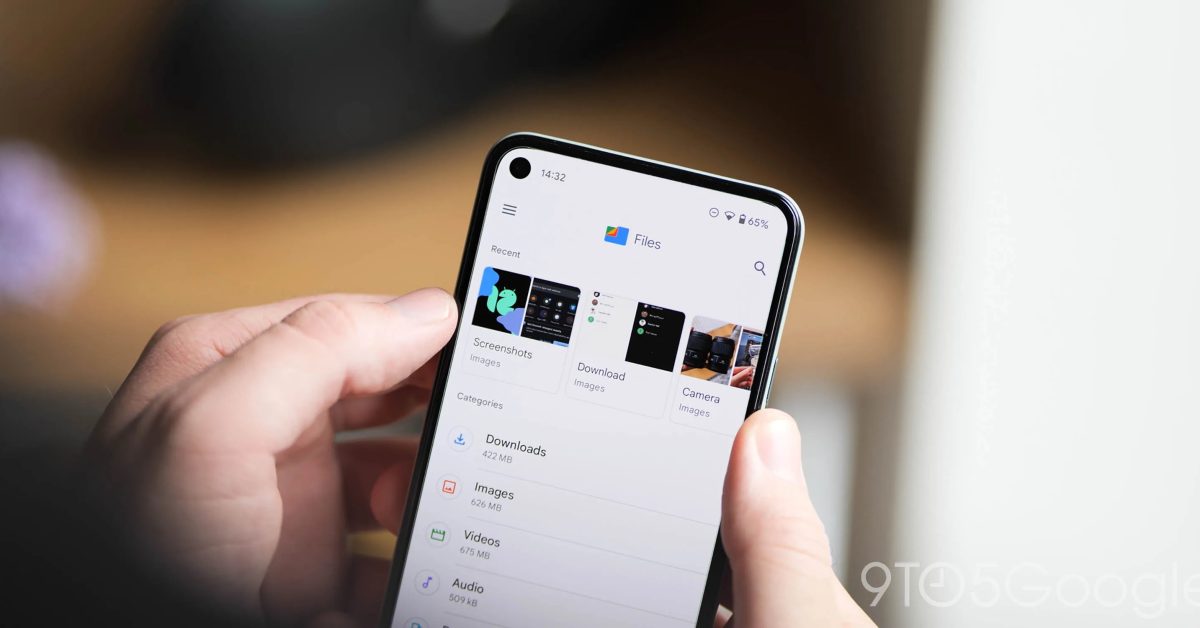This is actually hilarious, in a very dark tragic comedy sort of way.
The feature scans and categorizes important documents e.g. passports, IDs, etc., and it’s a feature of Google’s official Files app.
Instead of dropping support and phasing it out, they’re going to kill it and DELETE all of those critical documents for users.
JFC. Awesome.
Note that this is only about the copy made into the important tab. I do still agree it’s a stupid way if doing it, but they’re not deleting the original that was imported, just the import-copy.
Could it happen that you already deleted the original file because you thought, well I have it in the important tab, but now will lose that copy when Google removes that tab and be left empty handed? Not sure how this tab works
Google: hey, let us scan all of your most important documents. We’ll mark them as important for you.
You: um… Okay. I guess that could be useful. I just hope you don’t record all of that information.
Google: okay, we recorded all of your most important documents, so now we’re deleting them. Ta ta!
@circuscritic Security wise, it does make sense. Supposedly, you still have these documents in original (edit: I mean, in physical format), and you can scan them once again how many times you want. I imagine it would be worse to simply decrypt these and leave them in a random folder somewhere on users’ phones in plain sight, available to any app that would read them.
There are plenty of options for encrypting your files anyway.
I imagine it would be worse to simply decrypt these and leave them in a random folder somewhere on users’ phones in plain sight, available to any app that would read them.
Why, did it encrypt and then delete the files that it detected as important when it scanned the device? That’s just even worse.
@ReversalHatchery I don’t have access to the feature but I’m assuming the option was rather opt-in? And now they’re sending notifications to everyone affected, so it’s not like it’s doing anything the users are unaware.
I do agree they could have better explained the reason they’re choosing to delete the documents instead of decrypting them.
Who’s paying for https://killedbygoogle.com/ server fees?
We may need to do a whip around.
There is a future where google buys it and adds a chat to it.
And then kills it eight months later and the circle becomes complete.
I’ve never seen reach around used in that vernacular
Ohh boy. Reach around means something very very different to me. 🤣
Same here. lol
The “Important” tab first arrived in the Files by Google app last year as a feature exclusive to devices in India. Once you choose to use it, the app scans all of the files on your phone to identify anything that may contain a passport, ID, or any other vital documents.
Uhmm…
that’s a great feature to have in a market where the ruling party is literally rounding up and killing muslims.
Now that they got all the information about everyone, they’re deleting the files. Classy.
That’s terrifying hahaha
Why delete them, though? Just create a new folder „files previously in Important“ and move them there.
probably don’t want to accidentally create an attack surface by dumping previously encrypted sensitive files into unencryped storage at a known location









